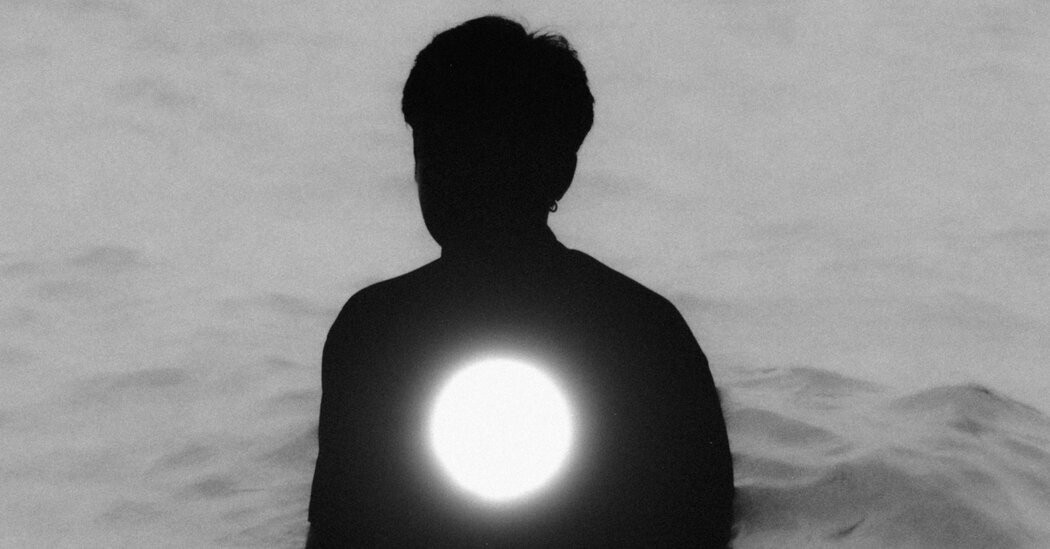

My patient, stoic and pensive, told me that he’d made it through his last year of work by dreaming of the European cruise he and his wife planned to take the week after he retired. “I thought I’d paid my dues,” he whispered. “I was just waiting for the best part of life to finally start.”
He rarely took time off and had pushed through nausea and occasional abdominal pain that had worsened during his final months of work. Freedom, he’d thought, lay just beyond the newly visible finish line. But a diagnosis of stomach cancer, which had spread to his liver and lungs, had left him too breathless to walk, too nauseous to endure a boat ride, too weak to dress himself. Instead of living out his dreams, he was living out his death.
I thought of him recently after watching “Dying for Sex,” a television series in which a woman named Molly is diagnosed with incurable breast cancer. Realizing that she is dying, Molly decides to leave her husband and seeks sexual fulfillment before her death in hospice care. Loosely based on a true story, the show illustrates how mortality forces clarity about how we truly wish to live. But it also illuminates another fact: Many of us do not ask ourselves what it means to live fully and authentically until death is both certain and soon.
We live alongside death. It speeds down highways recklessly and blooms clandestinely within our bodies. We have no idea when we will meet death, or how. Living with an awareness of this specific uncertainty can be terrifying, yet I’ve found that death also shimmers with a singular magnificence: the possibility of living freely.
Popular culture would have us believe in cliché bucket lists, which call to mind outlandish activities that defy the physical limitations imposed by illness or the emotional limitations of common sense. Morgan Freeman and Jack Nicholson skydive in “The Bucket List,” despite terminal lung cancer. Queen Latifah withdraws her life savings and jets to Europe after learning she has weeks to live in “Last Holiday.”
Greeting death with the fantasia of daredevil activities or adopting a newly carefree persona is a tempting salve for our fear of that last great unknown. But in my experience, considered reflection on mortality nudges people toward a more complicated version of the ordinary, not novel permutations of extremes. I often hear variations on similar wishes: A daughter wants a small wedding ceremony in the hospital so her dying parent can attend. A brother calls an estranged sister, asking her to visit so that he can say goodbye. I have heard uncommon goals too: wanting to take a long-postponed trip to the Alamo, to write a romance novel, to breed one last litter of puppies and inhale, one final time, the milky sweet of their young fur. These wishes are at their core the same desire, reconciling the differences between the life we have and the one we longed for.